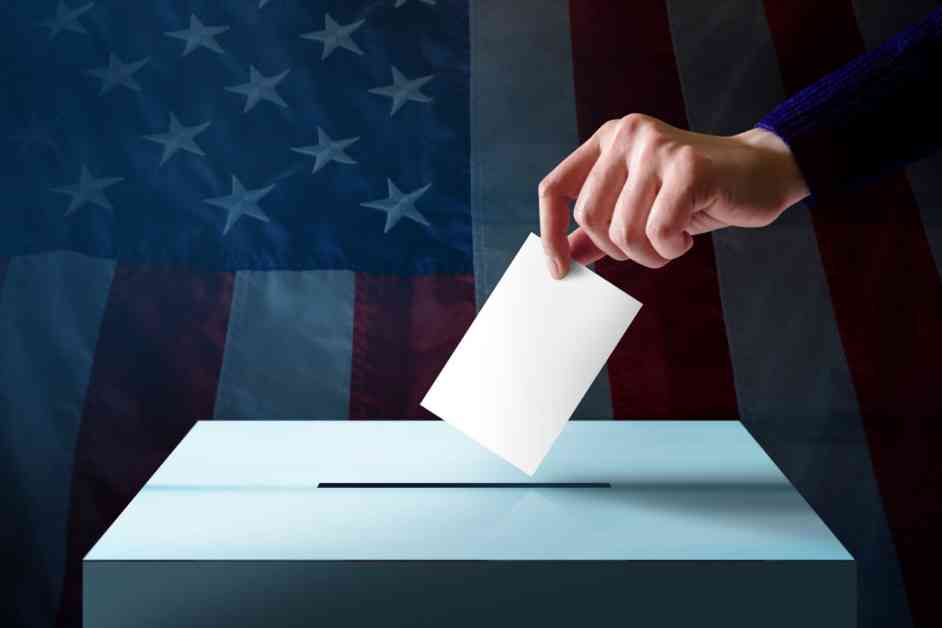In recent years, concerns about voter fraud and the integrity of elections have become more prominent in both federal and local levels of government. The concept of ensuring voting integrity is crucial to maintaining the foundation of democracy in the United States. With the rise of illegal immigration and potential risks to the electorate, it is more important than ever to address these issues and implement measures to protect the integrity of the voting process.
Voter fraud can take many forms, from individuals casting multiple votes to non-citizens attempting to influence election outcomes. These actions not only undermine the legitimacy of election results but also erode public trust in the democratic process. In order to combat voter fraud and ensure that elections are fair and transparent, federal and local governments must work together to implement effective strategies and safeguard voting integrity.
One key aspect of ensuring voting integrity is to verify the identity and eligibility of voters. This can be done through measures such as requiring identification at polling stations, updating voter registration systems, and conducting regular audits of voter rolls. By implementing these measures, government officials can help prevent unauthorized individuals from casting ballots and protect the integrity of the electoral process.
Additionally, improving cybersecurity measures is essential to safeguarding the integrity of elections in the digital age. With the increasing use of electronic voting systems and online voter registration, it is important to protect these systems from hacking and tampering. By investing in secure technology and working with cybersecurity experts, governments can reduce the risk of interference in the electoral process and ensure that votes are accurately counted.
Furthermore, promoting voter education and engagement is crucial to maintaining a healthy democracy. By providing information about voter registration, polling locations, and important election dates, governments can empower citizens to participate in the electoral process and make informed decisions at the ballot box. Through civic education programs and outreach efforts, officials can help citizens understand the importance of voting and the impact their participation has on shaping the future of their communities.
In conclusion, ensuring voting integrity is a fundamental responsibility of government at all levels. By addressing voter fraud, improving cybersecurity, and promoting voter education, federal and local officials can protect the integrity of elections and uphold the principles of democracy. It is essential for policymakers, election officials, and citizens to work together to strengthen the electoral process and preserve the integrity of America’s representative democracy.















